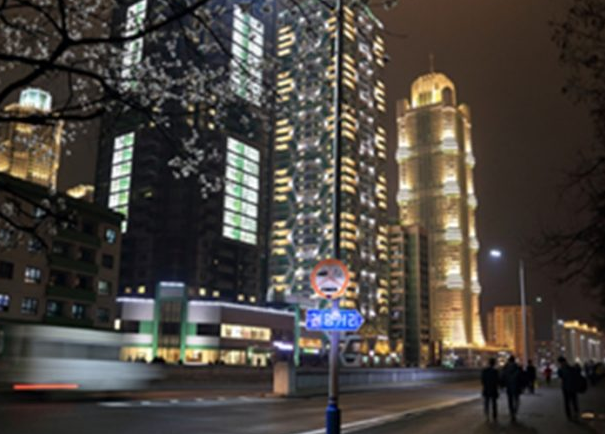As international sanctions against North Korea continue, there have been reports that the provision of supplies to the descendants of those who fought against Japan and recipients of distinctions from the state is decreasing. Sources in North Korea say that this situation will accelerate the disaffection loyalists feel toward the regime.
“The grandchild of a former Japanese guerilla fighter received only half of their expected rations for the month,” said a Daily NK source based in North Hamgyong Province on May 20. “The grandchild said that the amount of rations received by other grandchildren has also fallen considerably.”
Another source in Kangwon Province reported that “an individual who had made a large contribution to the fight against the Japanese received 20 days of rations, 300g of bean sprouts, one bottle of cooking oil, one bottle of alcohol, 500g of sugar, and 500g of other assorted snacks, last month (which included Kim Il Sung’s birthday on April 15). This month, however, they are yet to receive anything.”
The North Korean authorities have long ensured that rations are supplied to descendants of anti-Japanese guerillas and other members of the elite, according to sources in the country. The elite, as a result, has received rations even when regular North Koreans have not.
However, the situation has been changing in recent years. The authorities shifted responsibility for supplying rations to local provincial governments due to concerns surrounding shortages at national distribution facilities. Local authorities, who have no way to secure new sources of funds, have begun to falter in sending the elites the special rations they are accustomed to.
“The provincial Party apparatus took care of rationing out to the elites when the state wasn’t in such trouble, but now the municipal and regional Party operations are responsible. These local Party organizations do things as economically as possible, which means that they try to reduce the number of people rationed as much as they can,” the North Hamgyong Province-based source said.
“The elites who have had their rations reduced have been complaining, ‘What good is the state if it can’t even provide rations to the few elites that exist?’ They believe that the economic situation is difficult now but because the inter-Korean summit went so well, the economy will pick up again and rations will continue flowing as usual.”
Most of the elites in North Korea have accumulated wealth through the privileges they have been given, but some have become poorer because they have only relied on continuing handouts from the state. The Kangwon-based source reported that some North Koreans have begun criticizing the elites, saying that they put the “Mount Paektu bloodline [used to legitimize the regime] to shame,” and “are fools who don’t even realize that socialism has collapsed.”
She added that a member of a People’s Committee in charge of distribution to the elite said that “[i]t’s sad to see that there are elites who are poorer than those ordinary people who earn a living through business activities […] The Party gives them the best jobs and helps them lead stable lives, so I don’t know why they’re like that.”
“The reason these elites are so poor is that they just wait for rations and don’t work. They’ve done it to themselves […] North Koreans compare themselves with these elites and say that, ‘We are more capable because we’ve survived despite not receiving any rations in 20-something years,” she concluded.





















